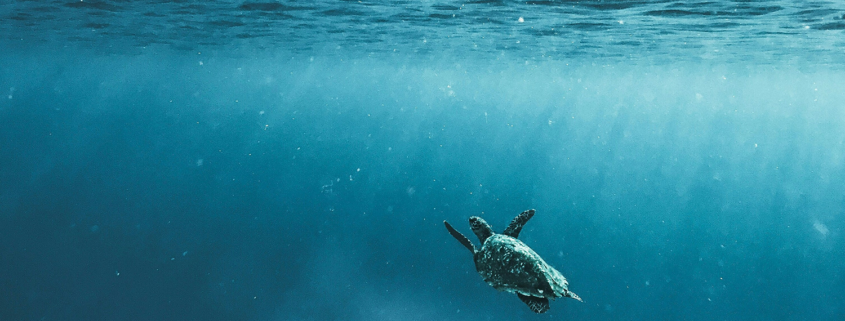Challenges in Regulating Deep-Sea Mining and Protecting Earth’s Oceans
Mining in the deep seas and climate change effects have negative impacts on Earth’s capacity to capture and store carbon. As stewards of the land and water, Indigenous communities want the United Nations (UN) to ban deep-sea mining worldwide and to recognize Indigenous sovereignty of the oceans. Mining companies continue to conduct their own environmental impact studies, and argue that extracting base metals found in polymetallic nodules, some millions of years old, from the deep sea, will save the planet, facilitate a greener economy, and address climate change. Discussions about the so-called “green rush” to the extract minerals from the bottom of the ocean, meeting decarbonization goals, protecting deep-sea ecosystems, and recognizing Indigenous sovereignty, are inextricably intertwined.
A recent scientific study by Norway and the United Kingdom, surveying 17 sites along the Barents Sea Floor, found that deep-sea creatures stored much more carbon than had been speculated before. Deep-sea mining and trawling not only destroy animal habitats, carbon, and sea creatures from the deep seabed, they also destroy animal habitats and jellyfish populations, from the middle sections of the ocean (i.e., midwater) thereby reducing the overall capacity of the oceans as carbon sinks and the number of organisms in “tens to hundreds of kilometres throughout the water column.”
The application of “terra nullius” (i.e., nobody’s land) to the oceans (i.e., leading to the idea of ‘aqua nullius’) demands recognition of Indigenous sovereignty over the oceans, including during the UN’s discussions about regulating deep-sea mining. In the year since the UN Global Oceans Treaty was signed in July 2022, there remain no finalized regulations governing the deep sea, including the depth at which sediment from the deep sea can be released in the mining process.
The UN-affiliated International Seabed Authority (ISA), responsible for developing regulations for deep-sea mining, met in Jamaica in July 2023 to discuss finalizing these regulations. Indigenous activists presented the ISA with a petition containing 1000 signatures representing 34 countries and 56 Indigenous groups calling for a total ban on the practice of deep-sea mining, noting how deep-sea mining and exploring happen without the consent of Indigenous peoples and threaten the Earth’s ecosystems. By the end of the ISA’s meeting, a final agreement was not reached; however, a timeline was set to have the regulations finalized “by July 2025, although this timeline is not legally binding.”
The Government of Canada remains cautious, supporting “an interim moratorium on deep sea mining, essentially signalling it would not agree to mining regulations until it had seen more science on how to do it with the least impact on the environment.” Collective knowledge about the deep sea remains murky at best, and the fight to implement and practice fair and informed consent of Indigenous Peoples persists, while companies line up to extract and profit from deep-sea minerals. As such, will environmental controls and laws on deep-sea mining be enough to protect the Earth and Indigenous sovereignty in the rush to a greener economy?
By Leela Viswanathan
(Image Credit: Naja Bertolt Jensen, Unsplash)

 Naja Bertolt Jensen
Naja Bertolt Jensen
 Steve Adams, Unsplash
Steve Adams, Unsplash Ashkan Forouzani
Ashkan Forouzani